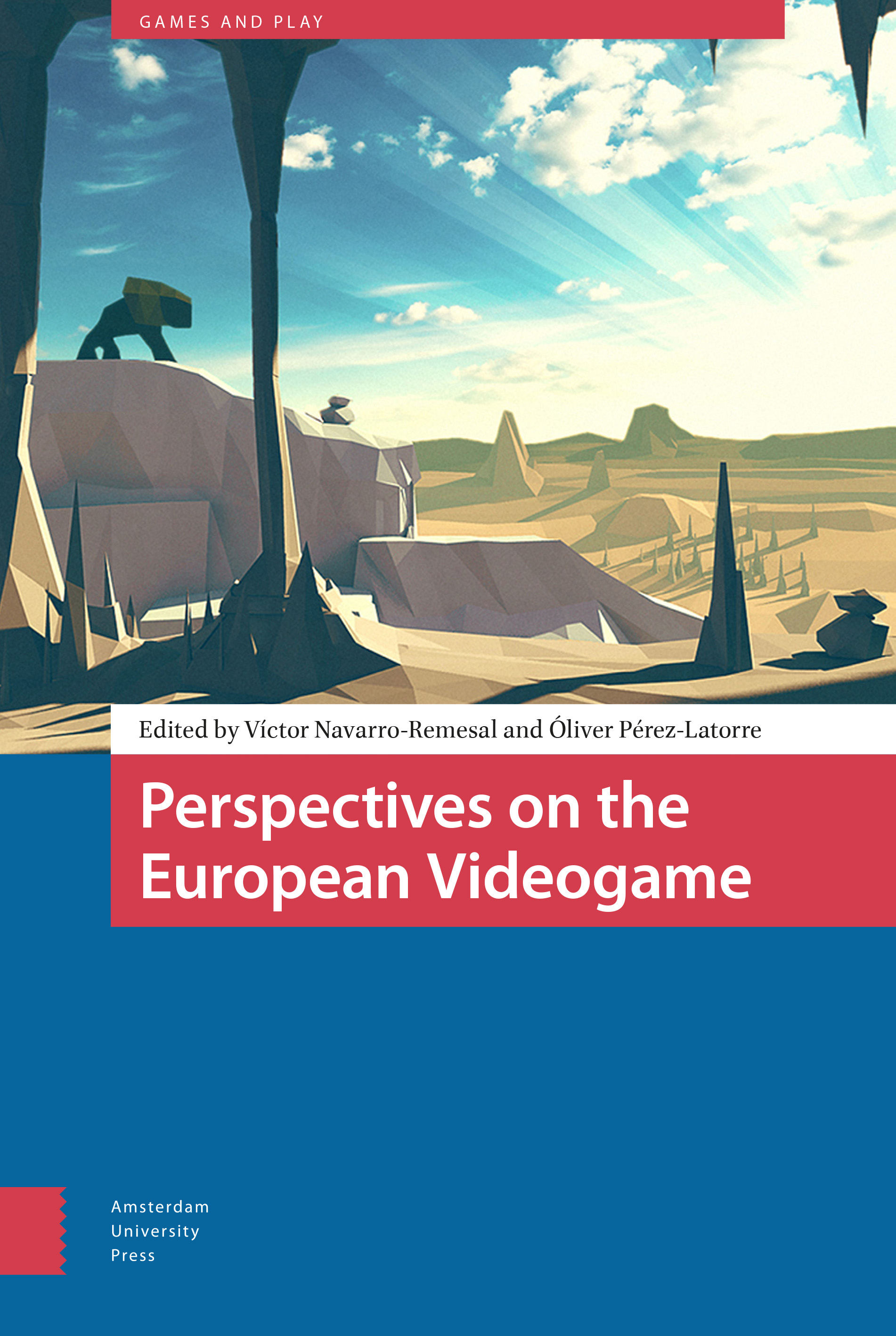Book contents
- Frontmatter
- Table of Contents
- Prologue Conflict, Negotiation, Appropriation, and Diversity: The Challenge of European Game Studies
- Introduction Euro Ludens: On the Origins, Playing Region, and Imaginaries of the European Videogame
- Part I National Stories
- Part II Transnational Approaches
- Conclusions (for now) European Videogames, Europeanness in Videogames
- Index
Prologue - Conflict, Negotiation, Appropriation, and Diversity: The Challenge of European Game Studies
Published online by Cambridge University Press: 16 December 2021
- Frontmatter
- Table of Contents
- Prologue Conflict, Negotiation, Appropriation, and Diversity: The Challenge of European Game Studies
- Introduction Euro Ludens: On the Origins, Playing Region, and Imaginaries of the European Videogame
- Part I National Stories
- Part II Transnational Approaches
- Conclusions (for now) European Videogames, Europeanness in Videogames
- Index
Summary
Abstract
What is play, what does it mean to be European, and how are games and play studied in Europe? This prologue questions and explores both the shared traits and differences of what could be seen as ‘European game studies’. This space, predominantly anchored in the humanities, is not unified but rather comprises wide range of individual researchers and smaller centres, research groups, and initiatives that collaborate for a for a time, then reform to focus on other topics. What this boils down to is an understanding of Europe as something that is both fragmented and diverse, but at the same time connected. European game studies is a constantly evolving story of collaborations across various cultural gaps.
Keywords: Play, Games, Europe, Humanities, Game Studies
Playing games does something to us. When I pick up a skipping rope or a rubber ball, my entire body remembers how I used them in the past, and, though I may hurt tomorrow, I am still able to skip to the rhymes learned half a century ago. The ritual, the rhythm, and awareness of play remains embedded not just in our brains but also in our bodies. Tied closely to our past, games are also passed on from one group of children to the next: they entail history, tradition, and challenge all in one. Games give us something to strive for, a connection to others, and the ability to handle loss and victory. They teach us to understand the distinctions between different contexts as we handle the balance between make-believe and real, and they are consistent examples of the value of rules, structure, and limitations, and how these ludic elements also offer opportunities: how restrictions can be turned into advantages, how systems can be overcome or worked around. Games teach us how to cheat, how to notice and reveal cheating, as well as how to recognise broken systems and how they influence our interactions. They are lessons in fairness and in systemic bias, in the importance of practice and the value of strategy and tactics.
When we speak of game studies, we tend to start with Dutch historian of culture Johan Huizinga, who published Homo Ludens in 1938 (Huizinga, 2000).
- Type
- Chapter
- Information
- Perspectives on the European Videogame , pp. 7 - 14Publisher: Amsterdam University PressPrint publication year: 2021



